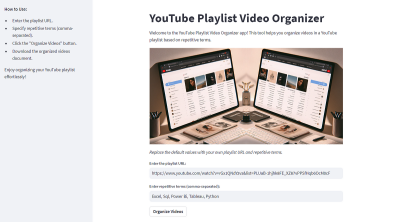Snooker is not just a game; it's a blend of skill, strategy, and a whole lot of concentration. Originating in the 19th century, snooker has evolved into a globally competitive sport, captivating millions of enthusiasts. Whether you're a complete novice or someone who dabbled with the cues before, understanding the elements of snooker can be both enjoyable and rewarding. In this post, we'll dive into the essence of snooker, exploring its basic concepts and some effective tips and techniques to help you sharpen your skills. Let’s dive into this fascinating world!
The Basics of Snooker
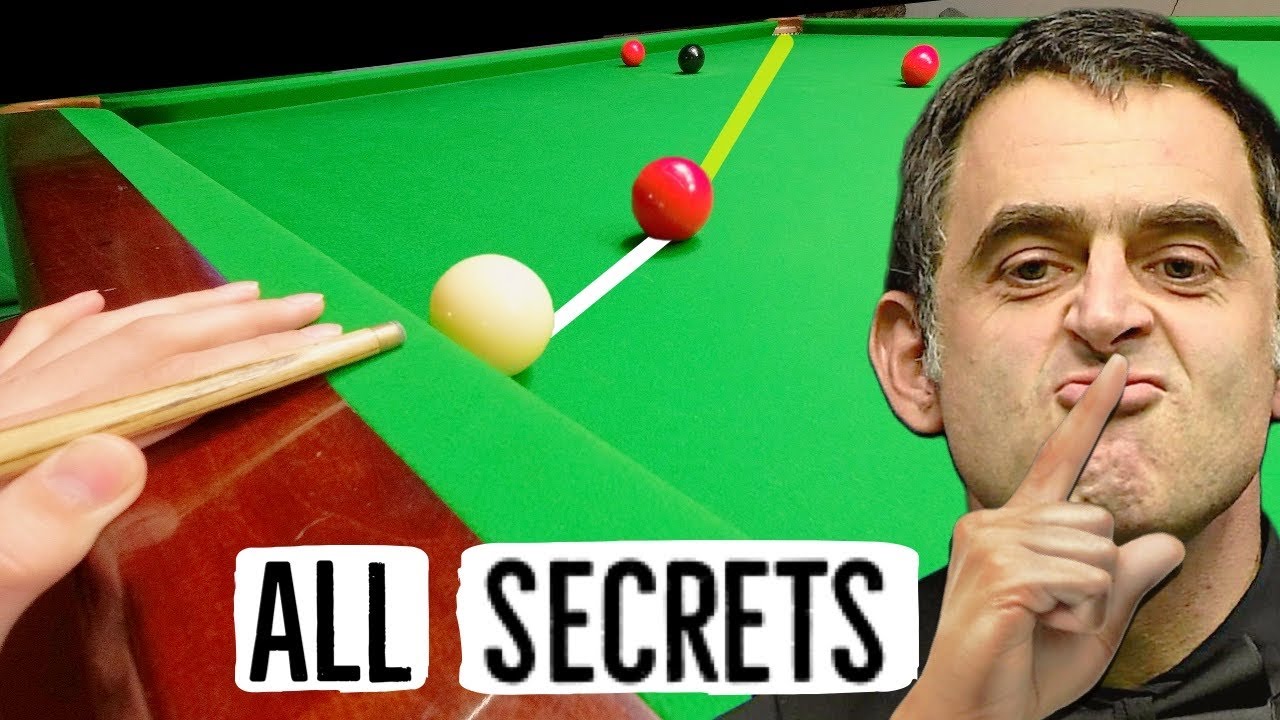
At its core, snooker is a cue sport that takes place on a rectangular table covered with a green felt. Let’s break down the basics:
- The Table: A standard snooker table measures 12 feet by 6 feet, featuring six pockets.
- The Balls: There are 22 balls in total, consisting of 15 red balls, 6 colored balls, and 1 white cue ball.
- The Objective: The main aim of snooker is to score more points than your opponent by potting the balls in a specific order.
Here's how points are scored:
| Ball Color | Points |
|---|---|
| Red | 1 point each |
| Yellow | 2 points |
| Green | 3 points |
| Brown | 4 points |
| Blue | 5 points |
| Pink | 6 points |
| Black | 7 points |
To play snooker, players take turns attempting to pot the balls in the correct sequence. The player must first pot a red ball, followed by a colored ball, and then return to potting reds again until there are none left. Continuing this sequence while maximizing points is key to success.
Understanding the basics is just the beginning—practicing these fundamental skills will lead you to become a more adept player! So next, when you step to the table, keep these principles in mind to enhance your game.
Essential Equipment for Snooker
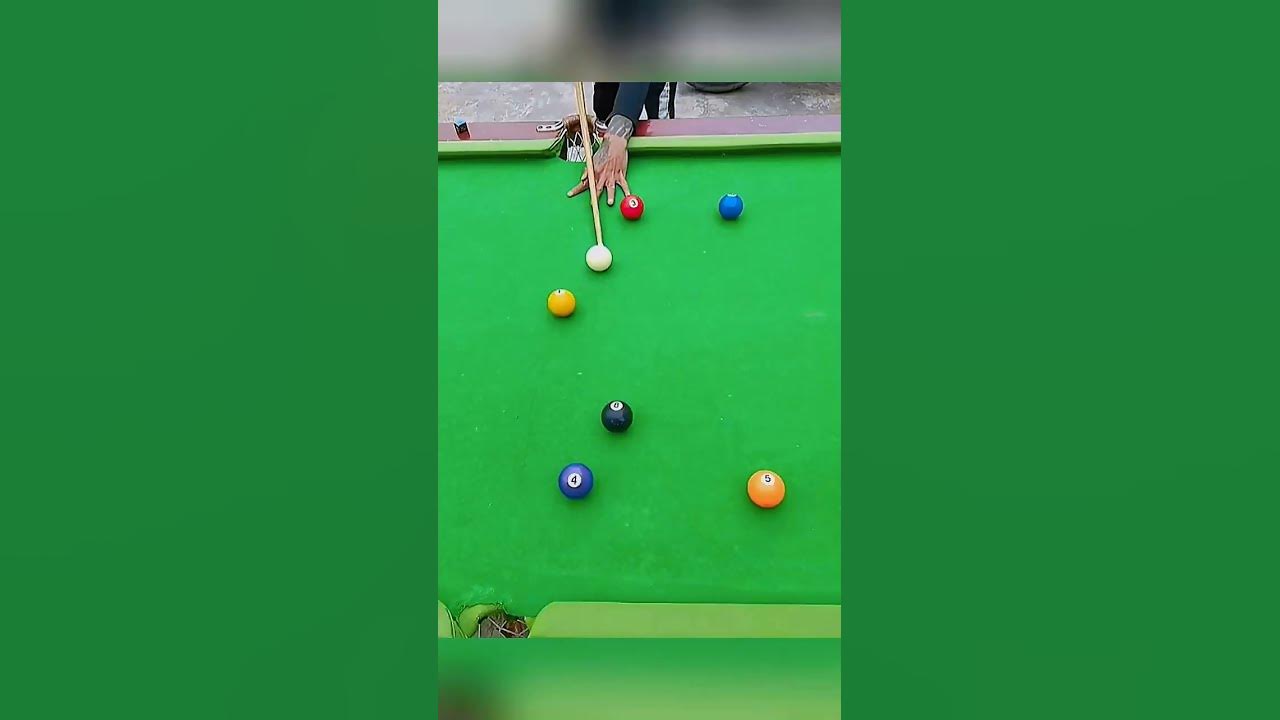
When it comes to snooker, having the right equipment can make all the difference in your game. Let’s take a closer look at the essential gear you'll need to get started.
- Snooker Cue: This is your primary tool in the game, typically made from wood or fiberglass. A good cue feels comfortable in your hand and allows for precise control.
- Snooker Table: A standard size is 12 feet by 6 feet, covered with a green cloth known as baize. Make sure the table is level to ensure fair play.
- Snooker Balls: You'll need a set of 22 balls, including one white cue ball, 15 red balls, and six colored balls (yellow, green, brown, blue, pink, and black). Each ball has its own point value.
- Chalk: Chalk is crucial for improving your grip on the cue tip. It prevents miscues and enhances your accuracy on shots.
- Scoreboard: Keeping track of scores can be facilitated with a scoreboard, which helps maintain the flow of the game.
- Other Accessories: Items like a cue case, table brush, and snooker gloves might also be beneficial for serious players. These help protect your equipment and ensure the table remains in top condition.
Investing in quality equipment will not only increase your enjoyment of the game but also enhance your performance. Remember, while the gear is important, practice and technique are equally vital!
Fundamental Techniques for Beginners
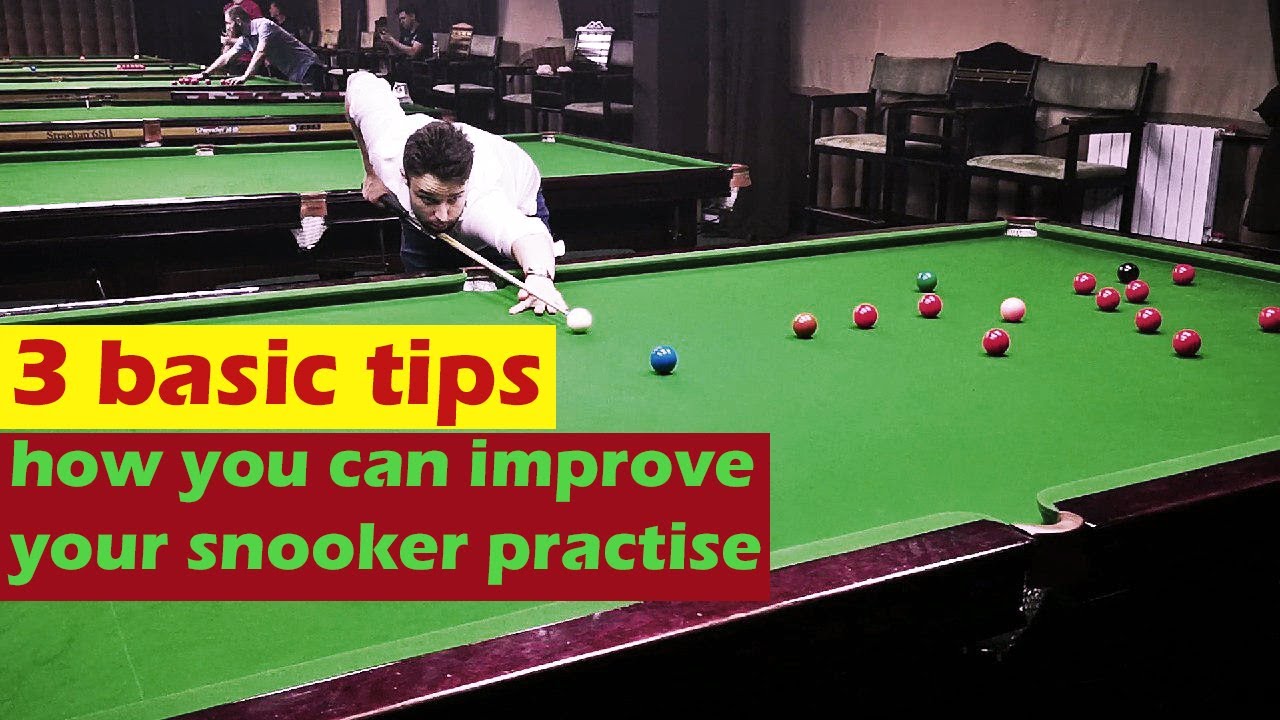
When diving into the world of snooker, mastering some fundamental techniques can set you on the path to success. Here are some key techniques that every beginner should focus on:
- Stance: Your stance is key to stabilizing your shot. Stand with your feet shoulder-width apart and place your body at a comfortable angle to the table.
- Grip: Hold your cue with a relaxed grip, using your dominant hand for control. A tight grip can lead to inconsistencies in your shots.
- Bridge Hand: The bridge is crucial for stability. Create a solid bridge with your non-dominant hand, either open or closed, depending on your preference.
- Aiming: Your aim should be based on the line to the object ball you want to hit. Take time to line up your shots carefully before pulling the trigger.
- Shot Execution: Make smooth, controlled strokes. Avoid jerky motions. It's all about rhythm – remember to follow through after striking the cue ball!
Finally, practice is your best friend. Spend time refining these techniques, and don’t hesitate to ask more experienced players for tips. With dedication, you’ll soon see your skills improve!
Improving Your Game with Practice
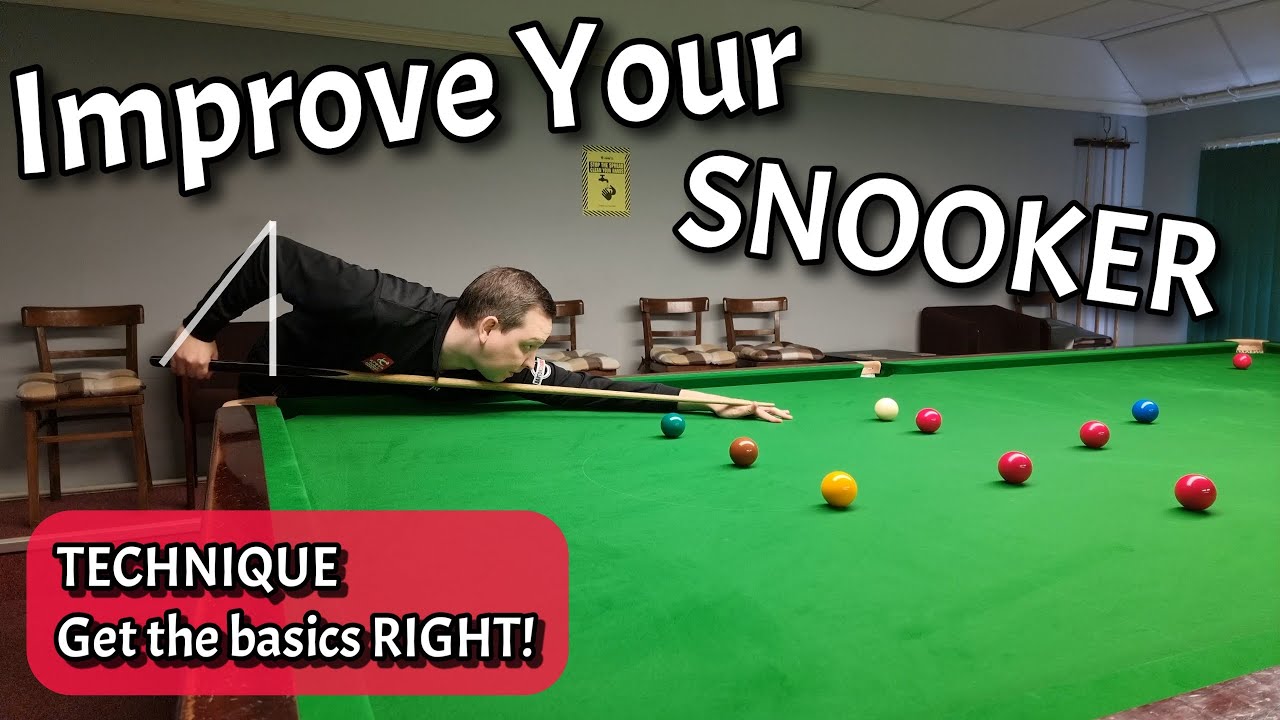
When it comes to mastering snooker, practice is undoubtedly one of the most critical components. You might have heard the saying, “Practice makes perfect,” and in snooker, this couldn’t be truer. Regular practice not only helps improve your skills but also builds your confidence at the table.
Here are some effective ways to structure your practice sessions:
- Set Clear Goals: Before you start, decide what aspect of your game you want to work on. Is it your break-building, shot selection, or perhaps your safety play? Clarity will help focus your practice.
- Drill Repetitions: Just like in any sport, repetition is key. Spend time practicing specific shots, such as potting from various distances or working on your cue ball control.
- Play Frames: Incorporate full frames into your practice to simulate real-game pressure. This helps you get used to maintaining composure under competition-like conditions.
- Analyze Your Mistakes: If you find yourself missing shots, take a moment to reflect. Recording and reviewing your games can provide insights into what went wrong.
Additionally, consider practicing with a partner. Playing against someone else can introduce new challenges and help you adapt quickly. Also, varying your practice partners can expose you to different styles of play, which is invaluable for your overall development.
In summary, consistent and thoughtful practice can enhance your snooker abilities, allowing you to play more confidently and effectively in matches.
Advanced Tips for Experienced Players
Once you've established a solid foundation in snooker, it’s time to elevate your game further. Transitioning from a good player to an exceptional one involves more sophisticated strategies and techniques. Here are some advanced tips to consider:
- Master the Break-Building: Break-building is a crucial aspect of snooker. Focus on learning how to construct breaks accurately. Use the practice routines where you can consistently pot a selected sequence of balls.
- Utilize the Rest: Knowing when and how to use the rest can enhance your shot-making, especially for hard-to-reach pots. Practice with it until it feels second nature.
- Play Smart: Develop a strategic mindset. Always think two or three shots ahead, considering the position of the balls on the table.
- Manage Your Mental State: Mental strength is vital at higher levels of the game. Techniques such as visualization and deep-breathing exercises can help you stay calm under pressure.
- Watch the Pros: Observing professional matches is an excellent way to learn advanced techniques and strategies. Analyze their shot choices and how they control the cue ball.
Combine these tips with individual assessment and ongoing practice, and you'll find yourself not only playing better but excelling at the game. Remember, snooker is as much about mental acuity as it is about physical skill, so never underestimate the power of a strong mind in your pursuit of mastery.
Common Mistakes to Avoid
When you're on your journey to mastering snooker, it’s crucial to recognize and avoid some common pitfalls that could hinder your progress. Here are some frequent mistakes to watch out for:
- Neglecting Your Stance: A stable and solid stance is the foundation of a good shot. Many players underestimate its importance, leading to poor balance and accuracy.
- Improper Cueing Technique: Hitting the cue ball with a faulty action can produce undesired spin and direction. Always ensure that your cue action is smooth and straight.
- Rushing Your Shots: Patience is key in snooker. Taking your time allows you to read the table and plan your next move. Rushing can lead to reckless decisions and missed shots.
- Ignoring the Fundamentals: It's tempting to dive into advanced techniques, but neglecting basic skills like positioning and potting can hamper your performance in the long run.
- Lack of Practice: Consistency is developed through regular practice. Don’t get disheartened if you don't improve overnight; persistence is vital.
- Overthinking Your Game: While strategy is important, overanalyzing every shot can create unnecessary pressure. Stay relaxed and enjoy the flow of the game.
Conclusion and Final Thoughts
In conclusion, mastering snooker is an exciting journey that combines skill, strategy, and a bit of psychological finesse. Don’t forget that every expert was once a beginner! To help you on this path, keep in mind the following key takeaways:
| Tip | Importance |
|---|---|
| Practice Regularly | Builds consistency and confidence. |
| Focus on the Basics | Solid fundamentals lay the groundwork for advanced techniques. |
| Avoid Common Mistakes | Prevent setbacks and enhance performance. |
| Stay Mentally Sharp | Mental clarity leads to better decision-making under pressure. |
Remember, every great player started where you are now. Be patient with yourself and enjoy the process. Take these effective tips and techniques to heart, apply them consistently, and watch as your game improves. Happy potting!








